|
Health Concerns |
Popular Tests |
| Bowel Health | |
| Diabetes and Cholesterol Rapid | |
| Kidney Health | |
| Advanced Well Woman |
|
Health Concerns |
Popular Tests |
| Bowel Health | |
| Diabetes and Cholesterol Rapid | |
| Kidney Health | |
| Advanced Well Woman |
|
Health Concerns |
Popular Tests |
| Bowel Health | |
| Diabetes and Cholesterol Rapid | |
| Kidney Health | |
| Advanced Well Woman |
Selected Goodbody NIPT Tests now available internationally, outside of the UK.
Selected Goodbody NIPT Tests now available internationally, outside of the UK.
They are safe and non-invasive blood tests that use DNA to detect chromosomal anomalies and the gender of your baby, from the earliest weeks of your pregnancy. They are the safest and easiest way method to check the health of your unborn baby.
The tests are suitable for: pregnant women of all ages including single or twin pregnancies, naturally conceived or through using IVF or donor eggs. Our tests can be taken by pregnant women from 10 weeks of pregnancy onwards, regardless of their risk status.
✓ A simple blood test that does not pose any risks to an expectant mother or her unborn child.
✓ Comprehensive results so you can make an informed decision about the health concerns you want to know about.
✓ FREE genetic counselling if you receive a positive result for any health condition.
✓ FREE pre-consultation, and a specialised testing kit to take with you to your appointment.
✓ A much more comprehensive test than most available EU NIPT tests.




Conversions are approximate, checkout charge is in GBP.
Available for women at least 10 weeks pregnant
Check for:
Conversions are approximate, checkout charge is in GBP.
Available for women at least 10 weeks pregnant
Check for:
Conversions are approximate, checkout charge is in GBP.
Available for women at least 10 weeks pregnant
Check for:

Conversions are approximate, checkout charge is in GPB.
Available for women at least 10 weeks pregnant
Check for:

Conversions are approximate, checkout charge is in GPB.
Available for women at least 10 weeks pregnant
Check for:

Conversions are approximate, checkout charge is in GPB.
Available for women at least 10 weeks pregnant
Check for:
Contact us via the form below and we’ll get back to you as soon as we can. Or give us a call and speak to a member of our team, they are more than happy to help answer your questions and talk through the best option for you.
We promise to deliver affordable testing to everybody, which means you can use Splitit to pay for your tests in four interest-free instalments.
Our team are based in the UK, and will be available Monday – Friday, 9am – 5pm GMT.
Suitable for pregnant woman of all ages, including single or twin pregnancies, naturally conceived or through using IVF or donor eggs. Our tests are only available to pregnant women from 10 weeks of pregnancy onwards, regardless of risk status.
Our NIPT tests detect foetal abnormalities at a very early stage, from week 10 of pregnancy, with a high degree of accuracy and a low false-positive rate.
The comprehensive results mean you can make an informed decision about the health concerns you want to know about.
Yes. Unlike an invasive test such as an Amniocentesis, this simple blood test does not pose any risks to a pregnant woman or her unborn child. It is the safest way to detect genetic health conditions before birth.
The test will be performed by a professional, trained clinician, who will take a small sample of your blood. The samples are sent to a laboratory for thorough testing, checking traces of the baby’s DNA for health conditions and risks.
You can arrange an appointment at any clinic that can take your blood. Contact your local doctor or GP to find out your nearest location.
Once you have selected your clinic and completed the test, our team will arrange for your sample to be collected from the clinic via DHL.
The results report will clearly state whether the conditions have been detected so you can take this information to your GP for further discussion and investigation if needed.
FREE post-test genetic counselling is provided for any results which show a positive chance of a condition affecting your baby or babies.
Our tests include a check for sex chromosome aneuploidies, common types of sex chromosome disorders. Sex chromosome aneuploidies refer to conditions in which an individual’s sex chromosomes are abnormal in number. Normally, a person has two sex chromosomes, either two X chromosomes (female) or one X and one Y chromosome (male). However, in sex chromosome aneuploidies, there is an extra or missing sex chromosome, leading to various physical and developmental abnormalities.
For example, some common sex chromosome aneuploidies include Turner syndrome (or Monosomy X), which results from a missing X chromosome in females, and Klinefelter syndrome, which results from an extra X chromosome in males. These conditions can affect physical features, such as height and fertility, as well as cognitive and behavioural development.
Our tests are medically-approved and are as accurate as tests you would take in a healthcare facility. Our tests are analysed in a lab which is UKAS accredited, and registered with the Care Quality Commission (CQC). In-Clinic tests are completed using analysers that are laboratory-standard in quality, highly reliable and accurate.
Based on an internal study from Eurofins Genoma, the tests are highly accurate, with positive predictive values (the likelihood of the result being correct and not a false-positive) of:
Trisomy 21 (Down Syndrome) – 99.32%
Trisomy 18 (Edwards Syndrome) – 98.94%
Trisomy 13 (Patau Syndrome) – 82.22%
Monosomy X or Turner Syndrome (sex chromosome disorder) – 80%
Klinefelter syndrome (sex chromosome disorder) – 94.44%
Jacobs Syndrome (sex chromosome disorder) – 96.30%
Microdeletion syndromes are a group of genetic disorders that occur when a tiny piece of genetic material is missing from a person’s DNA. This type of genetic abnormality is called a microdeletion.
These microdeletions can affect one or more genes and can lead to a wide range of physical and developmental abnormalities. Some examples of microdeletion syndromes include
Microdeletion syndromes can be diagnosed through genetic testing and may be identified prenatally or in early childhood. Treatment options depend on the specific symptoms and can include therapies like speech and occupational therapy, as well as medications and surgeries to manage any associated medical conditions.
Aneuploidies refer to conditions in which an individual has an abnormal number of chromosomes in their DNA.
Normally, a person has 46 chromosomes in each cell, with 23 inherited from each parent. However, in autosomal aneuploidies, there is an extra or missing chromosome, leading to various physical and developmental abnormalities.
Our prenatal blood test includes checks all chromosomes for autosomal aneuploidies, deletions or duplications.
De Novo diseases are genetic disorders that occur as a result of a spontaneous mutation or genetic abnormality that is not inherited from either parent. This means that the genetic change is not present in either parent’s DNA, but instead occurs spontaneously during conception, either in the egg or sperm, or shortly after fertilisation.
De Novo diseases can affect any part of the body and can lead to a wide range of symptoms, depending on the specific genetic abnormality.
Because De Novo conditions are not inherited, they can occur spontaneously in families with no history of the condition.

tests completed
clinic locations
industry experience
Call Us: 01225 444 144
The Blue Building, Stubbs Lane, Beckington BA11 6TE
Registration No. 12049669
Goodbody Clinic is a trading name of Goodbody Wellness Ltd.

